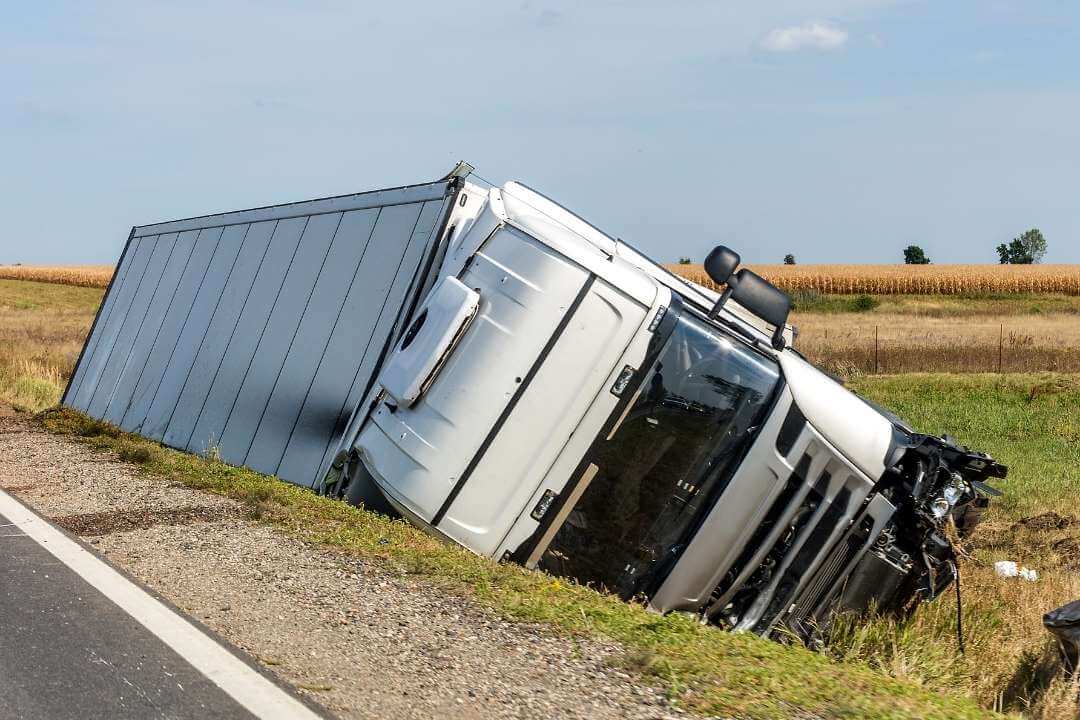Adjusting to life after a traumatic truck accident can be challenging. The physical, emotional, and financial impacts often necessitate major lifestyle changes. This article aims to provide a comprehensive guide to navigating post-accident life and coping with the changes it brings. If you’re in need of some advice or information, keep reading!
Understanding the Impact of a Traumatic Truck Accident
A traumatic truck accident can have repercussions on your physical health, mental well-being, and financial stability. The sheer size and weight of a truck often result in severe injuries that require long-term medical care, from surgeries to physical therapy sessions. Suffering through such an ordeal can also often lead to psychological issues such as post-traumatic stress disorder (PTSD), anxiety, and depression, which may impede one’s ability to return to their normal routine and enjoy life like before.
You also need to talk to a dedicated truck accident attorney in New Ulm, MN, to ensure your legal and financial rights are protected. The financial fallout of such an accident is another significant factor that people have to grapple with. Ongoing medical expenses, loss of wages, rehabilitation services, and property damage can drain one’s resources. An experienced truck accident attorney can assist you in filing insurance claims, negotiating settlement deals, and representing your case if it escalates to a court trial, so you can focus on recovery.
Coping Mechanisms: Mental Health and Self-Care Tips
Developing effective coping mechanisms is crucial to manage the stress and anxiety post-accident. Regular therapeutic exercises such as mindfulness, meditation, deep breathing, and yoga can bring mental relief. It is also vital to focus on physical health. A balanced diet, regular sleep schedule, and frequent physical exercise will contribute to well-being and recovery. Emotional self-care is as important as physical self-care. Allow yourself to grieve, seek support, and express your feelings openly.
Creating a new routine can also be beneficial. Planning and sticking to a daily schedule can provide a sense of normality and control amid the chaos. You may want to make some home modifications as well, like investing in new window and door installation services. This can make your home more accessible and more comfortable to live in, improving your overall quality of life.
Seeking Professional Help: Therapy and Support Groups
A professional psychologist or psychiatrist can provide therapeutic techniques to manage PTSD, depression, and anxiety. There are a variety of treatment modalities available, such as Cognitive Behavioral Therapy (CBT), Exposure Therapy, and Eye Movement Desensitization and Reprocessing (EMDR). Medication can also be a part of a comprehensive treatment plan, as advised by a doctor. Anti-depressants, anti-anxiety drugs, and sedatives can manage severe symptoms.
Support groups, both online and offline, can provide comfort and practical advice. Sharing experiences and tips with others who have undergone similar situations can be cathartic and empowering. Apart from mental health professionals, seeking guidance from social workers can also be beneficial. They can provide valuable information on financial aid, home-care assistance, and local support groups. Beyond this, getting in contact with an experienced team of truck accident lawyers can be helpful to see if there is any compensation you might be entitled to. This can help with both the costs of adjusting to your new life as well as provide closure on the entire incident.
Building Resilience: Trading Victimhood for Survival Stories
Despite the hardships, it is essential to remember that survivors of traumatic accidents can go on to lead fulfilling lives. Building resilience and trading victimhood for survival stories can be a long and difficult road, but it’s not impossible. Connect with survivors, both online and offline, who have successfully moved forward from their accidents. Their journeys can provide inspiration and practical solutions on how to tackle the aftermath of a traumatic truck accident.
Try to find purpose and meaning in life post-accident. Whether it’s returning to work, starting a new hobby, or advocating for road safety, these endeavors can help one regain their sense of self-worth and confidence. Give yourself the time and compassion needed to heal. It’s okay to have challenging days; they don’t define your strength or resilience. Healing isn’t linear, and everyone’s recovery time and journey are unique.
As you can see through this article, adjusting to life after a traumatic truck accident involves mental and physical healing, supportive professional help, understanding your legal rights, and building resilience. It’s a difficult path, but with the right strategies and resources, one can navigate this challenging time and rebuild their life. Follow our advice and you’ll be able to get on the road to recovery before you know it.
